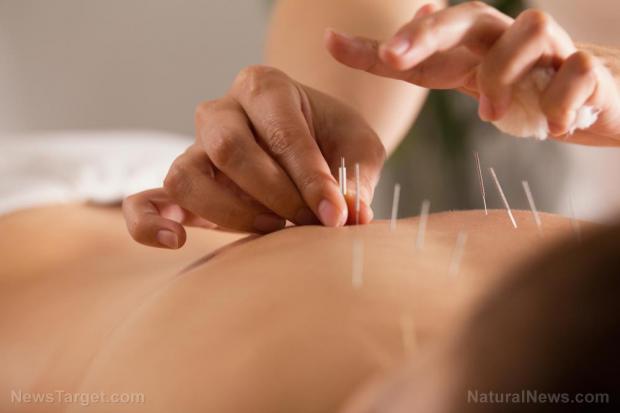
Breaking News
 Sunday FULL SHOW: Newly Released & Verified Epstein Files Confirm Globalists Engaged...
Sunday FULL SHOW: Newly Released & Verified Epstein Files Confirm Globalists Engaged...
 Fans Bash Bad Bunny's 'Boring' Super Bowl Halftime Show, Slam Spanish Language Performan
Fans Bash Bad Bunny's 'Boring' Super Bowl Halftime Show, Slam Spanish Language Performan
 Trump Admin Refuses To Comply With Immigration Court Order
Trump Admin Refuses To Comply With Immigration Court Order
 U.S. Government Takes Control of $400M in Bitcoin, Assets Tied to Helix Mixer
U.S. Government Takes Control of $400M in Bitcoin, Assets Tied to Helix Mixer
Top Tech News
 SpaceX Authorized to Increase High Speed Internet Download Speeds 5X Through 2026
SpaceX Authorized to Increase High Speed Internet Download Speeds 5X Through 2026
 Space AI is the Key to the Technological Singularity
Space AI is the Key to the Technological Singularity
 Velocitor X-1 eVTOL could be beating the traffic in just a year
Velocitor X-1 eVTOL could be beating the traffic in just a year
 Starlink smasher? China claims world's best high-powered microwave weapon
Starlink smasher? China claims world's best high-powered microwave weapon
 Wood scraps turn 'useless' desert sand into concrete
Wood scraps turn 'useless' desert sand into concrete
 Let's Do a Detailed Review of Zorin -- Is This Good for Ex-Windows Users?
Let's Do a Detailed Review of Zorin -- Is This Good for Ex-Windows Users?
 The World's First Sodium-Ion Battery EV Is A Winter Range Monster
The World's First Sodium-Ion Battery EV Is A Winter Range Monster
 China's CATL 5C Battery Breakthrough will Make Most Combustion Engine Vehicles OBSOLETE
China's CATL 5C Battery Breakthrough will Make Most Combustion Engine Vehicles OBSOLETE
 Study Shows Vaporizing E-Waste Makes it Easy to Recover Precious Metals at 13-Times Lower Costs
Study Shows Vaporizing E-Waste Makes it Easy to Recover Precious Metals at 13-Times Lower Costs
Integrative medicine hold great potential for alleviating pain better than opioids

(Natural News) Integrative medicine approaches, such as acupuncture and yoga, have great potential in treating pain. A review published in the journal Anesthesia & Analgesia reported that acupuncture, yoga, and other integrative medicine approaches have shown at least preliminary evidence of effectiveness in pain management.
For the review, a team of researchers led by Yuan-Chi Lin, M.D., MPH, a researcher at Harvard Medical School, evaluated existing evidence on integrative medicine therapies for pain management. The review included 32 studies that examined seven various types of integrative medicine therapies for pain.
Among all of the integrative medicine therapies evaluated, acupuncture showed the strongest evidence for effectiveness in alleviating pain. Acupuncture is a traditional therapy that involves thin needles being inserted into the skin. It has been used in Asia for centuries to treat various health conditions and manage pain. Today, it is being used in the U.S. and other Western countries to low back pain, nerve pain, headaches, fibromyalgia, menstrual cramps, and more.
In the review, acupuncture was revealed to have a "strong positive evidence" on effectively treating chronic pain. A number of studies have also shown that acupuncture reduced the need of opioids to control pain after surgery. It also reduced opioid-related side effects.
Yoga, relaxation techniques such as mindfulness meditation, tai chi, massage therapy, and spinal manipulation showed "positive preliminary evidence" of effectiveness in pain treatment. Several studies also addressed the effects of the use of prescription drugs, including opioids. Studies on the effectiveness of the supplements glucosamine and chondroitin for relieving knee pain showed mixed results.

 Smart dust technology...
Smart dust technology...

